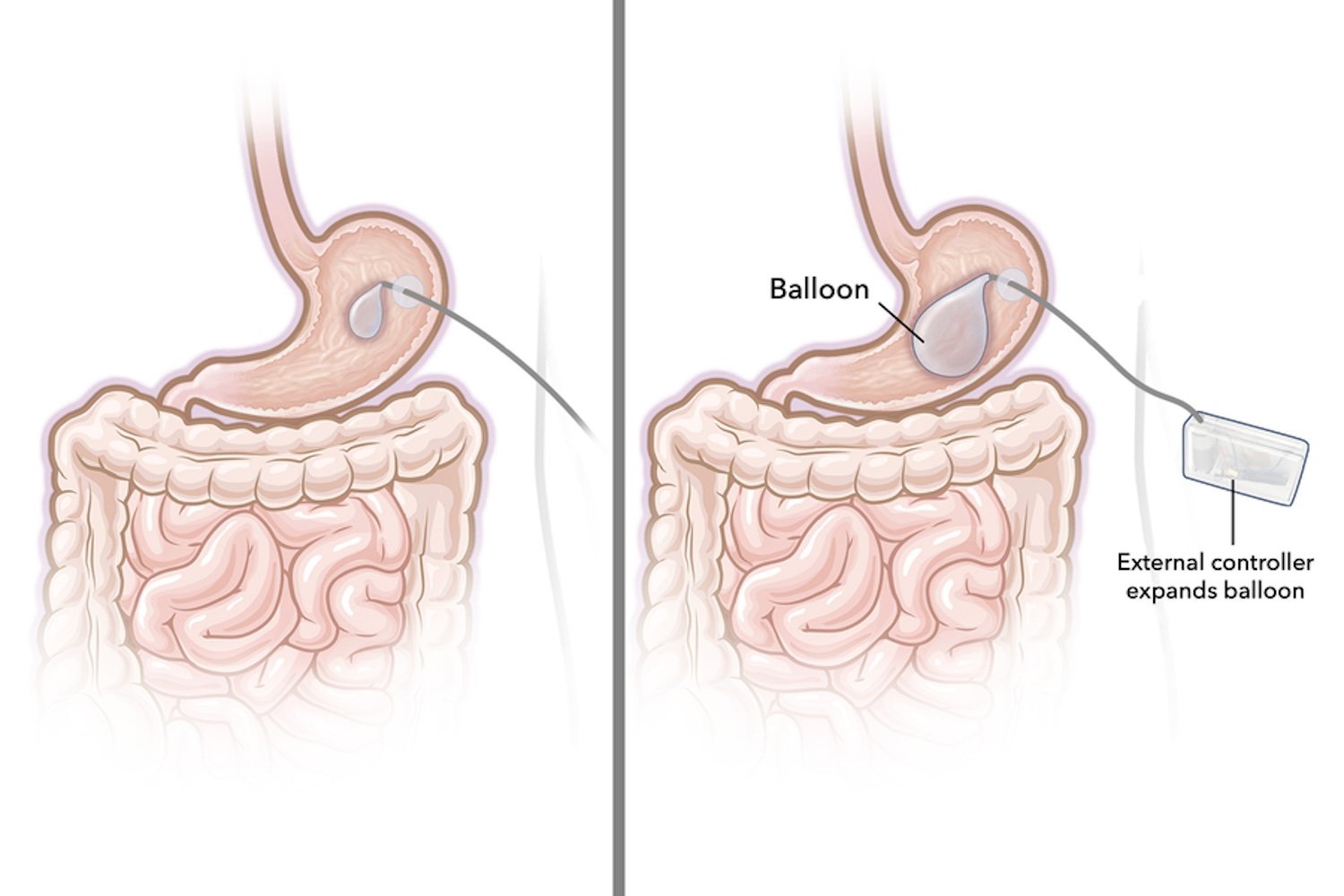Asthma, a chronic respiratory condition characterized by sudden and severe shortness of breath, affects an estimated 339 million individuals globally. In the United States alone, asthma contributes to an average of nine deaths each day. New research from the United Kingdom now suggests a significant connection: women who work night shifts may face a higher likelihood of developing moderate to severe asthma compared to their counterparts working daytime hours. This finding, published in the ERJ Open Research journal, notably did not observe the same trend in men working night shifts and could have vital implications for public health guidance and occupational health, particularly concerning night shift asthma women.
Shift Work and Asthma: A Growing Concern for Women
The research team had previously established that permanent night shift workers, in general, exhibit a greater propensity for moderate-to-severe asthma when compared to individuals working regular day schedules. Scientific understanding also points to asthma being more common and more severe in adult women than in adult men. The study authors highlighted the increasing number of women entering shift work, stating, “Since increasing numbers of females are becoming shift workers it is important to determine if shift work-associated asthma risk is higher in females.” Shift work encompasses any scheduled work periods falling outside traditional daytime hours. “Our main aim was to investigate sex differences in the association between shift work and asthma,” they elaborated.
Insights from the UK Biobank Study
To investigate this, the researchers meticulously analyzed data from over 274,541 working individuals sourced from the U.K. Biobank, a comprehensive biomedical database available for health research. Within this large cohort, 5.3% of participants had asthma, and of those, 1.9% experienced moderate or severe forms of the condition. The team then categorized these individuals based on their work patterns: daytime work, night shifts, or a combination of both.
The analysis revealed a compelling trend: female shift workers, as a group, were more likely to suffer from asthma. Specifically, women who exclusively worked night shifts demonstrated a 50% greater likelihood of developing moderate or severe asthma compared to women who worked during the day. The researchers further explained that this risk appeared to escalate “with both number of monthly night shifts and longer lifetime duration of night shift work.” Intriguingly, the data showed no such discernible differences in asthma prevalence among men based on their work schedules, underscoring a potential sex-specific risk factor.
Exploring Potential Reasons for the Asthma Link
Robert Maidstone, a co-author of the study and a researcher at the University of Manchester’s School of Biological Sciences, cautioned in a university statement: “This type of research cannot explain why shift work and asthma are linked.” He proposed several hypotheses, suggesting, “it could be because shift work disrupts the body clock, including the levels of male and female sex hormones. High testosterone has previously been shown to be protective against asthma, and so lower testosterone in women could play a role. Alternatively, men and women work different types of shift jobs, and this could be a factor.”
The study also shed light on the potential role of hormone replacement therapy (HRT), a common treatment for menopausal symptoms. Among women not undergoing HRT, postmenopausal individuals working exclusively night shifts were found to be almost twice as likely to have moderate-to-severe asthma compared to female day workers. This observation hints that HRT might offer a protective effect against asthma for women working night shifts, though the researchers stress that more dedicated studies are necessary to confirm this specific link.
Expert Perspectives and Future Research Directions
Dr. Florence Schleich from the European Respiratory Society, who was not involved in the study, commented on its significance: “This research suggests that working nightshifts could be a risk factor for asthma in women, but not in men. The majority of workers will not have an easy option of switching their shift pattern, so we need further research to verify and understand this link and find out what could be done to reduce the risk for women who work shifts.”
Looking ahead, the study’s authors intend to delve deeper into how sex hormones might influence asthma prevalence among shift workers. Such investigations may not only clarify the risks associated with irregular work hours but could also contribute valuable insights into the fundamental mechanisms driving asthma, a condition whose exact cause largely remains an enigma. Understanding these factors is crucial for developing targeted prevention strategies and improving respiratory health for female night shift workers.











